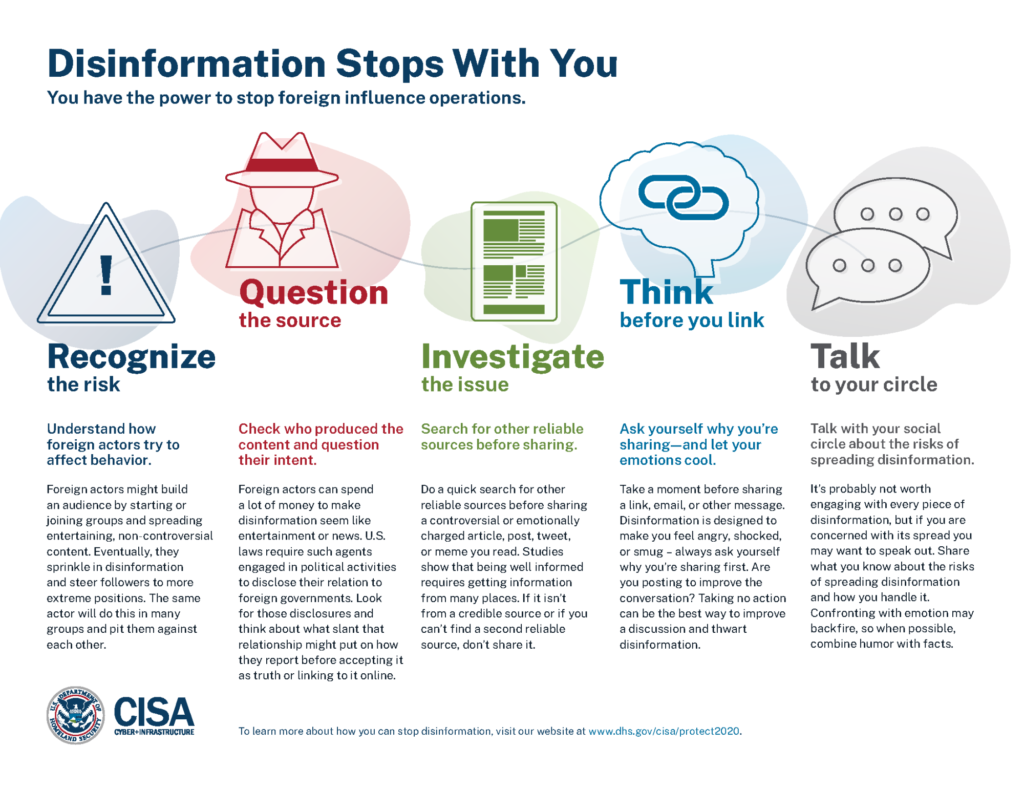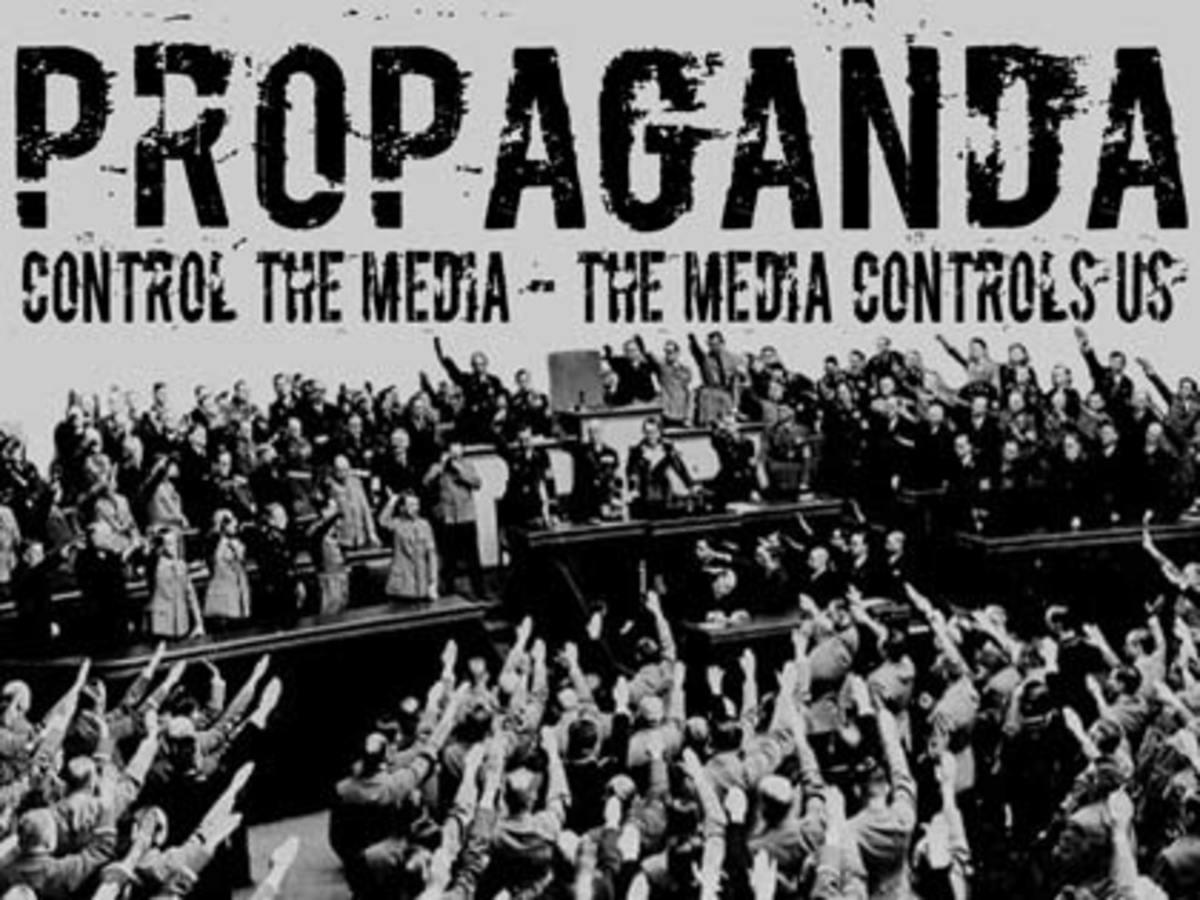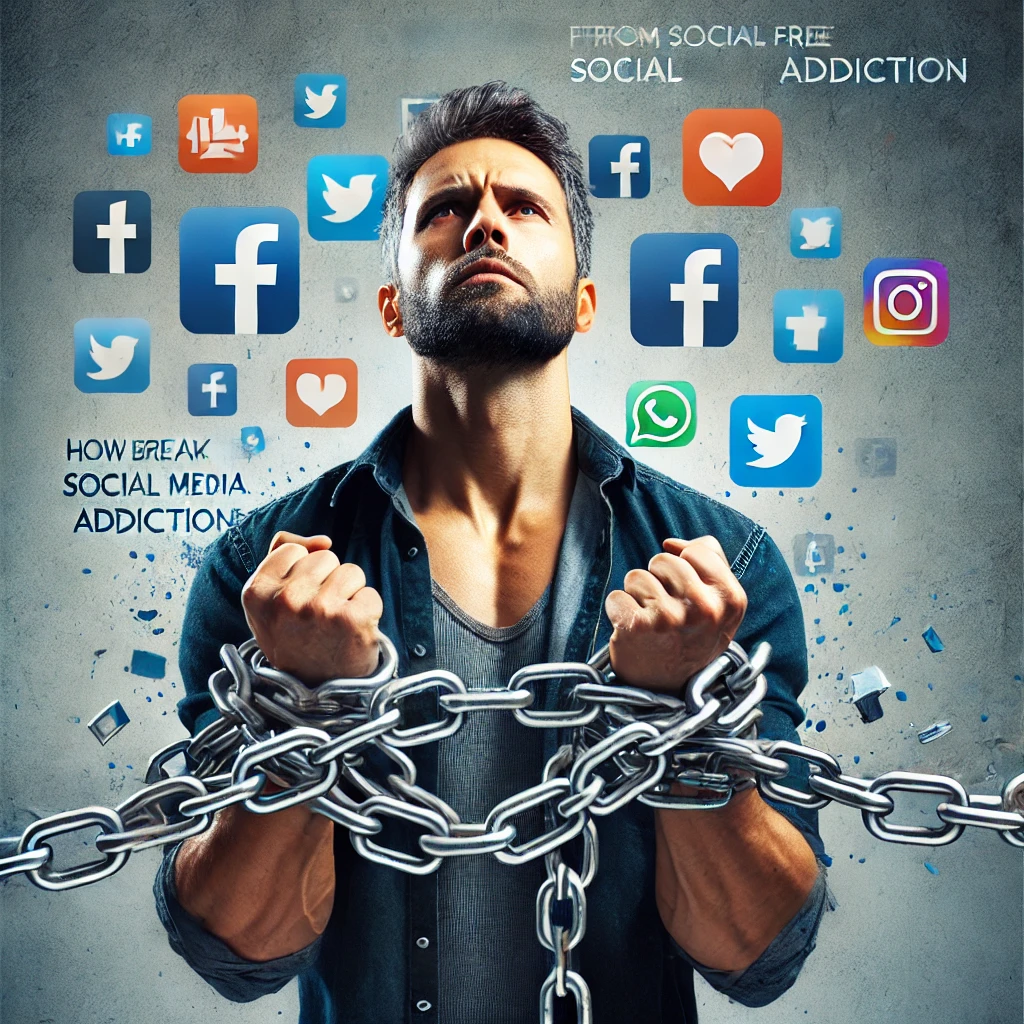How Governments Exploit Social Media for Disinformation
The rise of social media and its role in disseminating information
Propaganda and Manipulation – Social media has revolutionized the way we communicate, connect, and share information. With billions of users worldwide, platforms like Facebook, Twitter, and YouTube have become powerful tools for shaping public opinion. However, the widespread influence of social media has also given rise to a new era of propaganda and manipulation. Governments around the world have learned to exploit these platforms to spread disinformation, control narratives, and sow discord. This article delves into the intricate relationship between social media and governments, exploring the tactics and strategies employed to manipulate public opinion. By examining case studies, discussing the impact on democratic processes, and exploring ways to combat propaganda, this article sheds light on the complexities of social media’s role in disseminating disinformation.

The rise of social media and its role in disseminating propaganda
The evolution of social media platforms
Once upon a time, “following” someone meant surreptitiously trailing them in a trench coat. Thankfully, social media has made it way less creepy. From the early days of MySpace to the reigning champions like Facebook, Twitter, and Instagram, social media platforms have become a cornerstone of modern communication. They’ve transformed how we connect, share, and exchange ideas, making it easier than ever to keep up with friends, family, and the latest cat memes.
The influence of social media on public opinion
But social media’s influence goes far beyond entertaining us with cute animal videos. It has become a powerful force in shaping public opinion. Platforms like Facebook and Twitter have become virtual soapboxes, where anyone with an internet connection can amplify their beliefs, values, and conspiracy theories to millions of people. This newfound ability to reach a vast audience has given rise to new opportunities and challenges, including the manipulation and exploitation of social media for nefarious purposes.
Understanding propaganda and manipulation in the digital age
The definition and historical context of propaganda
Propaganda isn’t just a word thrown around at political rallies or used to describe a catchy marketing campaign. It has a long and storied history, dating back to ancient civilizations like the Romans and Egyptians. In its simplest form, propaganda is the dissemination of information, ideas, or rumors to promote a particular ideology or influence public opinion. Governments, organizations, and even individuals have used propaganda to shape narratives, control populations, and further their own agendas.
The psychological techniques behind manipulation
Manipulation isn’t just for magicians and card sharks; it plays a significant role in propaganda too. Psychological techniques are employed to deceive, persuade, or distort reality in order to sway public opinion. From appealing to emotions and biases to exploiting cognitive biases, manipulation taps into the deepest parts of our psychology. By understanding how these techniques work, we can better recognize and protect ourselves from their influence.
The tactics and strategies used by governments to exploit social media platforms
Fake news, propaganda and disinformation campaigns
You think finding love on Tinder is hard? Try finding the truth on social media. Fake news and disinformation campaigns have become an unfortunate side effect of the digital age. Governments have weaponized social media platforms to spread false information, creating confusion and chaos. Whether it’s fabricated stories, doctored images, or misleading headlines, fake news has become an insidious tool for shaping public opinion and sowing discord.
Coordinated social media manipulation
Ever feel like you’re in the middle of a virtual echo chamber? You’re not alone. Governments have mastered the art of coordinated social media manipulation, creating networks of fake accounts to amplify their messages and drown out opposing views. These networks, commonly known as troll farms, are like the social media equivalent of a chorus line, performing choreographed dances of disinformation and propaganda.
Bots and automated accounts
You may think you’re chatting with Jenny from the block, but it could be a bot from a government agency instead. Bots and automated accounts have become a key tool in the propaganda playbook. These digital minions can be programmed to flood social media with specific messages, creating the illusion of broad support or overwhelming opposition. With the ability to operate 24/7 and spew out large volumes of content, bots have become a formidable force in the battle for public opinion.
Examples of governments using social media for propaganda campaigns
Case study 1: Russia’s interference in the 2016 U.S. Presidential election
Move over James Bond, because Russia took espionage to a whole new level in the 2016 U.S. Presidential election. Through a combination of social media manipulation, fake news, and targeted advertising, Russia launched one of the most audacious disinformation campaigns in history. By exploiting existing divisions, they aimed to undermine confidence in the democratic process and influence the outcome of the election. Mission accomplished? That’s still up for debate.
Case study 2: China’s use of social media to control narratives
China has taken the art of narrative control to a whole new level. Through strict censorship and manipulation, the Chinese government has created a digital landscape where dissenting voices are silenced, and alternative narratives are squashed. Social media platforms like Weibo and WeChat have become tools for surveillance and control, allowing the government to monitor and shape public opinion to fit its agenda.
Case study 3: Manipulation during the Brexit referendum
Brexit may have caused a political earthquake, but social media played its role as a fault line. During the highly contentious Brexit referendum in the UK, social media platforms were flooded with propaganda, fake news, and targeted advertising campaigns. Both the Leave and Remain camps utilized these tactics to sway public opinion, creating a digital battlefield where truth became a casualty. The impact of social media manipulation on the outcome remains a subject of debate and speculation.
As social media continues to evolve and play an increasingly prominent role in our lives, understanding how governments exploit these platforms for disinformation becomes crucial. By arming ourselves with knowledge and staying vigilant, we can navigate the complex web of propaganda and manipulation and make more informed decisions in an increasingly digital world. So next time you see that irresistible cat meme or shocking headline, take a moment to question its source and consider the hidden agenda behind it.5. The impact of social media manipulation on public opinion and democratic processes
The erosion of trust in media and institutions
In a world where social media has become the primary source of news for many people, the spread of disinformation and propaganda poses a significant threat to public opinion and trust in traditional media and institutions. The deliberate manipulation of information on social media platforms erodes the public’s confidence in the reliability and credibility of news sources. As a result, individuals may become more susceptible to believing false narratives or conspiracy theories, further polarizing societies and undermining democratic processes.
Implications for electoral processes and decision-making
The use of social media manipulation in electoral processes can have far-reaching consequences. By leveraging targeted advertising and sophisticated algorithms, governments can sway public opinion, influence voting behavior, and undermine the integrity of elections. Disinformation campaigns can mislead voters, create divisions in society, and ultimately impact the outcome of elections. This manipulation not only undermines the principles of democracy but also undermines the legitimacy of elected governments.
Combating propaganda and manipulation
The responsibility of social media platforms in detecting and countering disinformation
Technology companies, as the gatekeepers of social media platforms, bear a significant responsibility in detecting and countering disinformation. They must invest in robust algorithms and artificial intelligence systems that can detect and flag suspicious content effectively. Additionally, social media platforms should provide transparency in the algorithms they use, ensure clear guidelines for content moderation, and cooperate with fact-checkers and independent organizations to verify information.
Regulatory measures and government intervention
While technology companies play a crucial role, governments also have a responsibility to regulate social media platforms and prevent the spread of disinformation. Governments should enact and enforce legislation that holds platforms accountable for their content. This can include measures that promote transparency, ensure user privacy, and establish penalties for violating the rules. However, striking a balance between regulation and preserving freedom of speech and expression is essential.
Media literacy and critical thinking skills
In the fight against propaganda and manipulation, individuals must equip themselves with media literacy and critical thinking skills. By becoming more discerning consumers of information, individuals can identify false narratives, fact-check sources, and critically evaluate the content they encounter on social media. Schools and educational institutions must prioritize media literacy education to empower individuals with the tools they need to navigate the digital landscape effectively.
Ethical considerations and the need for transparency in social media
The ethical implications of propaganda and manipulation
Propaganda and manipulation on social media raise ethical concerns regarding the violation of trust, the distortion of reality, and the manipulation of public opinion. Governments engaging in these practices undermine the principles of democracy and open themselves up to accusations of authoritarianism. It is imperative that governments prioritize integrity, transparency, and respect for the democratic process when using social media platforms.
The importance of transparency in government communications
Transparency is key to maintaining trust between governments and their citizens. Governments must ensure that their communications on social media are transparent, accurate, and accountable. By providing clear and unbiased information, governments can counteract the effects of disinformation campaigns and maintain the public’s trust. Open dialogue and engagement with citizens are vital in fostering transparency and ensuring that governments are accountable for their actions.
The future of social media and its potential for disinformation warfare
Emerging technologies and evolving tactics in disinformation campaigns
As technology continues to evolve, so too do the tactics used in disinformation campaigns. Deepfake technology, AI-generated content, and algorithmic manipulation are just a few examples of emerging tools that can be used to disseminate propaganda and manipulate public opinion. It is crucial to stay vigilant and proactive in combating these evolving threats to the integrity of social media platforms.
The need for global collaboration and collective responsibility
Addressing the issue of propaganda and manipulation on social media requires a collaborative effort from technology companies, governments, civil society, and individuals. Global cooperation is needed to develop comprehensive strategies, share best practices, and implement effective countermeasures. By taking collective responsibility and working together, we can strive for a future where social media is a force for good, fostering informed and healthy democratic societies.
The future of social media and its potential for disinformation warfare
As social media continues to evolve and play an increasingly central role in our lives, the battle against propaganda and manipulation becomes ever more critical. It is essential for technology companies, governments, and individuals to collaborate in countering disinformation, ensuring transparent and ethical use of social media platforms. Strengthening media literacy and critical thinking skills is also crucial to empower users to discern truth from falsehood in the digital realm. Only by recognizing the potential dangers and working collectively towards a more informed and responsible social media environment can we safeguard democratic processes and protect the integrity of public discourse in the face of disinformation warfare.




